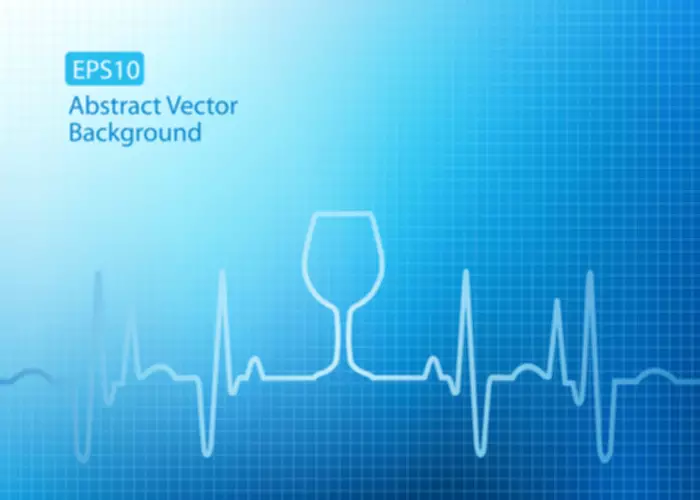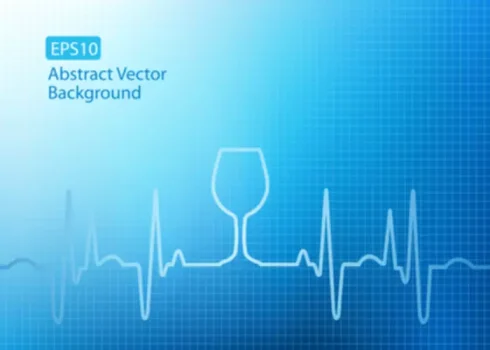

Admitting powerlessness means accepting what is true and what is not. It encourages acceptance of the circumstances rather than denying them. Our individualized approach to treatment ensures that each https://ecosoberhouse.com/article/how-long-does-weed-marijuana-stay-in-your-system/ person receives the care and support they need to achieve lasting recovery. Let our expert staff help bring you to be your best self, with comfort, dignity, privacy and professionalism. Wellbrook offers a recovery experience like no other in Wisconsin.
These power imbalances contribute to significant emotional and social consequences and highlight the broader implications of addiction and mental health struggles within these contexts 2. Overcoming feelings of powerlessness is an essential part of the recovery process for individuals grappling with addiction. This journey involves seeking appropriate treatment and empowering oneself to navigate the challenges of recovery. Admitting powerlessness helps individuals understand that addiction is not merely a character flaw but a disease that alters brain chemistry. This understanding is essential for recognizing that self-control alone cannot reverse the effects of drugs or alcohol on the brain. The Halfway house process emphasizes the need for treatment and support beyond willpower.

In such scenarios, individuals may feel helpless to improve their housing situation, leading to stress, anxiety, and a diminished sense of well-being. Individuals struggling with addiction may feel like they lack control over their lives, perpetuating the cycle of powerlessness. Recognizing addiction as a disease and actively participating in treatment can help shift the perspective from weakness to illness, aiding in regaining control. The sense of being powerless can manifest in various situations, affecting personal, social, and economic dimensions of a person’s life. This lack of power can contribute to a cycle of helplessness where individuals feel trapped in their circumstances without options for improvement. Many 12-Step programs are well-known groups that use the concept of powerlessness to benefit recovery.


These conflicts can place enormous strain on partnerships, leading to a cycle of resentment and frustration. The inability to address larger issues often restricts personal growth, leaving individuals feeling entrapped and disempowered. The dynamics of relationships often contribute to feelings of powerlessness. One prevalent dynamic is the distancer/pursuer pattern, where one partner is more invested and seeks closeness, while the other pulls away.

Explore powerful delirium tremens treatment strategies and support to conquer addiction’s storm. Dive into the dangerous opiate abuse side effects, from health risks to brain alterations and recovery. Uncover how alcoholism develops over time, from early warning signs to long-term health impacts. Demystifying the complex topic of physiological dependence – learn causes, symptoms, and recovery strategies. Uncover 10 inspiring ways to take care of your mental health, from social bonds to mindful eating.
He may say, “No matter what I do, She just won’t ever be happy.” This is not examples of powerlessness over alcohol a good place for him to be. If they are not treated and handled correctly, he is at a dangerous risk for relapse. Now let’s talk about the particular emotional feeling of “Powerlessness.” There are many times when one can feel a sense of powerlessness.
2021年03月06日